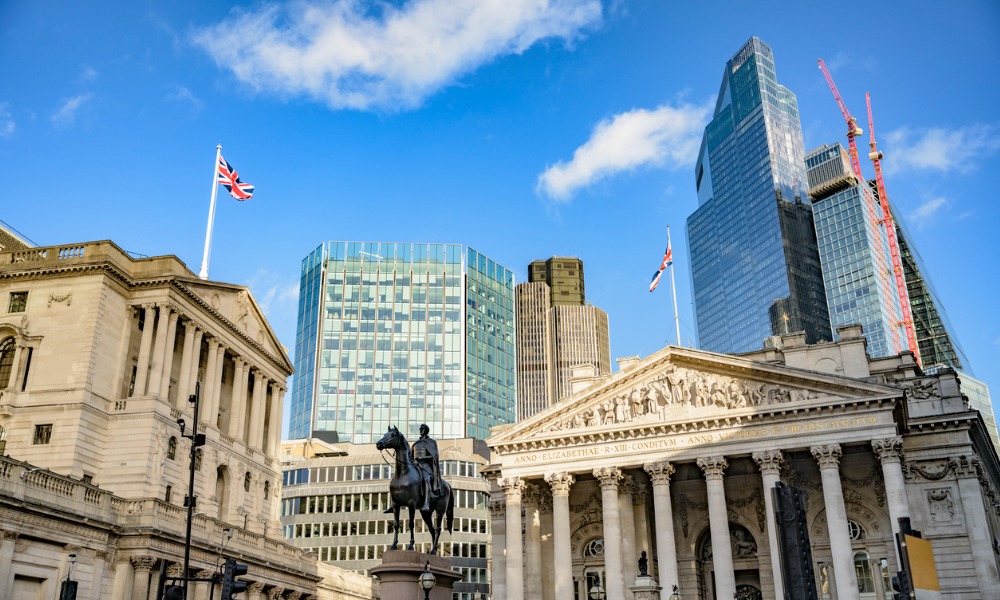Bank of England decision undercuts Reeves' claims…

When the Bank of England announced its important decision on Thursday, to cut rates by 25 basis points, most people cheered – maybe none more so than Shadow Chancellor Jeremy Hunt.
“Today’s cut will be welcome news for millions of homeowners and shows that Labour inherited a stronger economy which was on the right track,” he announced, criticising Reeves for consenting to new public sector pay rises that have been predicted to cost the country over £9 billion.
The Bank’s decision to cut the Bank Rate to 5% is a move not seen since the onset of the pandemic in March 2020. This decision, while welcome news for borrowers, complicates the economic narrative Reeves has been pushing - it is widely suspected that the ‘shock’ discovery of a poor economy would provide a reason for the new government to walk back from its pre-election tax promises.
“While today’s cut in interest rates will be welcome news, millions of families are still facing higher mortgage rates after the mini-budget,” Reeves remarked, criticising the economic strategies of her Conservative predecessor, Liz Truss. “That is why this government is taking the difficult decisions now to fix the foundations of our economy after years of low growth, so we can rebuild Britain and make every part of our country better off.”
Governor of the Bank of England, Andrew Bailey, emphasized the significance of the rate cut but warned against expecting a rapid series of reductions. He explained that the central bank needs to ensure inflation remains under control and cautioned against cutting rates too swiftly or excessively.
Interest rates have risen in recent years as the Bank of England battled soaring inflation, impacting household finances while benefitting savers. The reduction to 5% will immediately ease monthly payments for homeowners with tracker mortgages and may benefit those with variable rate deals. However, many on fixed-rate mortgages still face higher rates when their deals expire in the coming years.
The Bank of England’s decision was closely contested, with a narrow majority of five out of nine members, including Bailey, voting for the quarter-point cut. Chief economist Huw Pill, among the minority who voted to hold rates, emphasised the need for monetary policy to stay focused on controlling the cost-of-living and maintaining inflation at the 2% target.
Despite this rate cut, the Bank signalled that more mortgage challenges lie ahead.
Around a third of fixed-rate mortgage holders are currently paying less than 3%, but most of these deals will expire by the end of 2026, leading to higher effective interest rates over time. While overall inflation hit the Bank’s 2% target in May and has remained stable, core inflation - excluding volatile items like food and fuel - remains high, and the Bank expects inflation to rise in the latter half of the year as energy bills increase.
Rachel Reeves has acknowledged that the rate cut is positive but maintains that higher mortgage rates stem from the previous government’s mini-budget.
“I don’t think the narrative the government is putting out is going to go away anytime soon, they will keep banging that drum,” Laith Khalaf, head of investment analysis at AJ Bell, told Politico.eu.
In response to accusations of leaving a £22 billion “black hole” in public finances, the Conservative Party accused Labour of setting the stage for tax increases. Former Prime Minister Rishi Sunak, criticised Labour’s public sector pay rises, suggesting they could hinder further interest rate cuts.
Reeves has already hinted at potential tax hikes to address the financial gap, targeting inheritance tax, capital gains tax, or reforming tax relief on pensions.



